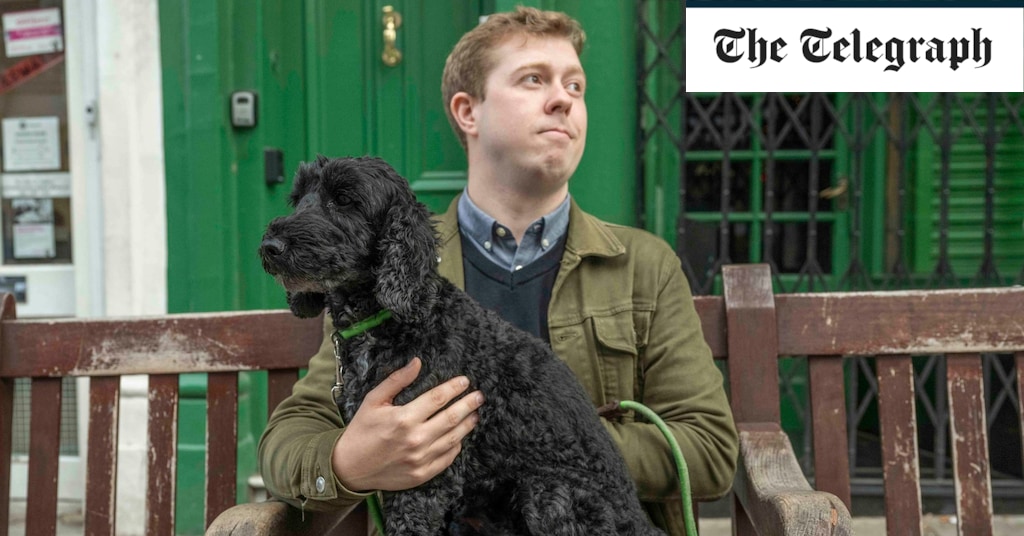Pets that have had limited contact with other dogs or people outside their owners’ family may not have developed their social skills and therefore be more likely to act aggressively when meeting unfamiliar dogs or people. This lack of proper socialisation is a particular risk factor for urban pet owners who have bought smaller breeds as “house dogs”.
In fact, research has found that smaller dogs are more likely to bite than larger breeds because they tend to be less well-socialised with other dogs and people.
The refusal of some dog owners to treat their pets as, well, dogs, could also be a factor in explaining their poor behaviour, suggest the researchers behind the University of Liverpool study. “Dog owners report having an anthropomorphic relationship with their dogs… Unintentionally, these changes may lead to conflict in human-dog interactions, increasing the chances of aggressive behaviours,” noted the study’s authors.
Jake Shaw, 27, was bitten on the ankle by a small dog while walking to work in Manchester. “The dog just ran up to me and latched onto my leg,” he explains. “The owner screamed at it but left me to pull it off and essentially fled the scene. The police told me there was nothing they could do because it would be my word against the owner’s.” Shaw was treated by doctors and also had to get a tetanus shot. Although the attack took place more than a year ago, he still has a visible scar.
The University of Liverpool study suggests that our desire to explain away dog aggression as “just one of those things” stops us from regarding these attacks as preventable. It points to evidence from Calgary in Canada, which saw dog attacks reduced after it made dog licences compulsory and subsidised training classes.
And there’s the rub. The cult of dog ownership isn’t about dogs per se. It is about humans who refuse to recognise their pets as animals – to some owners, it is all about cooing over them, having a constant playmate and celebrating their every moment. But the sooner dog owners remember that training and setting boundaries for their pets is just as important, and recognise that they have a responsibility to observe the difficult parts of caring for another living being, so much the better.

